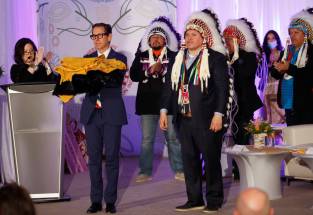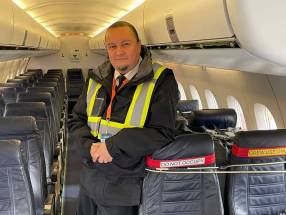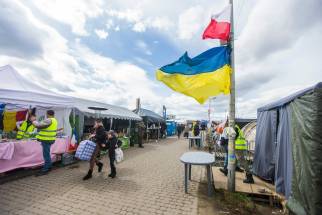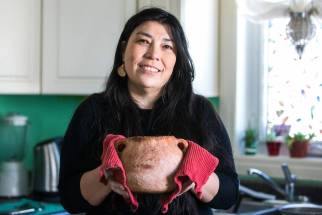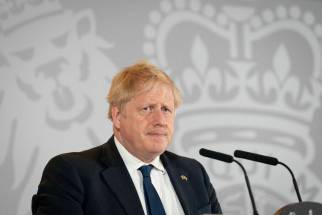A pilot project in reconciliation Exchange Income Corp. launches Indigenous pilot training program
Read this article for free:
or
Already have an account? Log in here »
To continue reading, please subscribe:
Monthly Digital Subscription
$0 for the first 4 weeks*
- Enjoy unlimited reading on winnipegfreepress.com
- Read the E-Edition, our digital replica newspaper
- Access News Break, our award-winning app
- Play interactive puzzles
*No charge for 4 weeks then price increases to the regular rate of $19.00 plus GST every four weeks. Offer available to new and qualified returning subscribers only. Cancel any time.
Monthly Digital Subscription
$4.75/week*
- Enjoy unlimited reading on winnipegfreepress.com
- Read the E-Edition, our digital replica newspaper
- Access News Break, our award-winning app
- Play interactive puzzles
*Billed as $19 plus GST every four weeks. Cancel any time.
To continue reading, please subscribe:
Add Free Press access to your Brandon Sun subscription for only an additional
$1 for the first 4 weeks*
*Your next subscription payment will increase by $1.00 and you will be charged $16.99 plus GST for four weeks. After four weeks, your payment will increase to $23.99 plus GST every four weeks.
Read unlimited articles for free today:
or
Already have an account? Log in here »
Hey there, time traveller!
This article was published 22/04/2022 (1327 days ago), so information in it may no longer be current.
Indigenous youth in Manitoba, who once might have thought they’d like to become a commercial airplane pilot but never imagined they’d have the chance, are now going to be able to pursue that dream.
Exchange Income Corp. (EIC), the Winnipeg-based company that owns Perimeter Aviation, Calm Air, Keewatin Air and other regional airlines, is launching an Indigenous pilot training program this spring in Thompson that will cover all the costs for participants, including room and board, an elder/mentor who will live with the students as well as free flights home on the weekend if needed.
The plan is to run an initial intake of 10-to-12 students starting this spring. EIC is in the process of bringing in training aircraft, flight instructors and maintenance staff into Thompson from Moncton Flight College in New Brunswick, an enterprise that EIC owns.
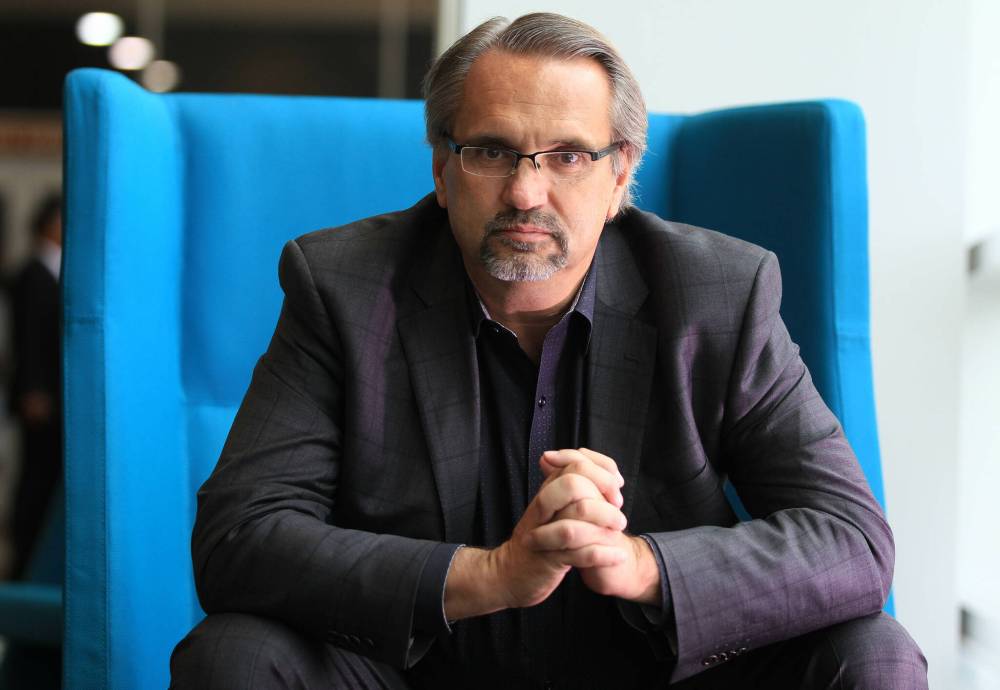
The program, to be called the Atik Mason Indigenous Pilot Pathway, is named after Timothy Atik “Tik” Mason from St. Theresa Point First Nation, who last year became Perimeter’s first Indigenous pilot from a northern First Nation that EIC’s airlines services.
Mason’s successful journey inspired many in EIC which has a good track record of employing Indigenous people but not in the high profile pilot positions.
Mike Pyle, the chief executive officer of EIC, a $1.4 billion company that also owns many other companies across Canada and the U.S, said the program is very important to the company.
He said EIC tries to be socially responsible and invest in and help the First Nations it services — it is currently supporting development of a fish processing facility in St. Theresa Point — because it is such a big piece of its business.
The company was a big supporter of the Every Child Matters movement and last October flew 1,000 young people from Manitoba First Nations to Winnipeg to attend a CFL game between the Bombers and the Edmonton Elks to honour Canada’s National Day for Truth and Reconciliation.
But as much as that event might have got people talking about the issue — there was national television coverage with both teams wearing orange jerseys — Pyle like others, knows more needs to be done.
“Fixing the issue and reconciliation has to be more than just acknowledging it,” Pyle said. “It has to be taking steps to make people lives better.”
EIC staff has already met with several First Nation leaders and the program is being strongly endorsed by the Association of Manitoba Chiefs and Manitoba Keewatinowi Okimakanak (MKO) the organization that represents northern First Nations who will help recruit and identify likely candidates.
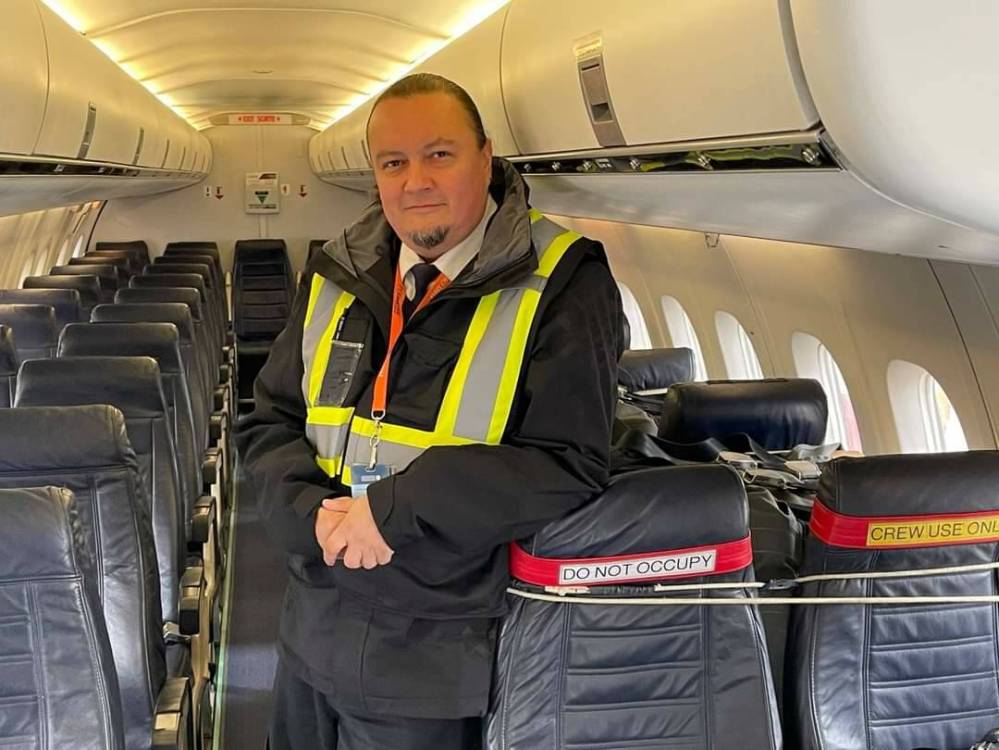
Garrison Settee, grand chief of MKO, said he’s very excited about the program and wants to be involved as much as possible.
“I am really ecstatic that we have the opportunity to engage our young people in such a unique program,” he said. “Allowing Indigenous people to be part of an aviation program like this is something that has never really been pursued to this magnitude. I think it’s huge. I want to get behind it.”
He said it’s a great example of economic reconciliation, getting the Indigenous people access to those high profile positions that they are often excluded from.
“Historically it has been non-native people serving our North, not that there’s anything wrong with that,” Settee said. “But this is going to create role models. Also it really makes economic reconciliation a reality as opposed to rhetorical statements here and there.”
Pyle and Settee do not believe there will be a problem recruiting candidates but provisions will be made to provide remedial support if necessary to allow selected candidates to check off all the academic prerequisites if needed.
The company is budgeting about $1 million per year for the program. At this point the idea would be that the trainees would get a pilot licence by the spring and then would need to go to Moncton to attain their commercial licence (EIC would also cover those costs).
Pyle said they are keen to see the program executed first but he said he would not be reticent to set up a more permanent training operation in Thompson.
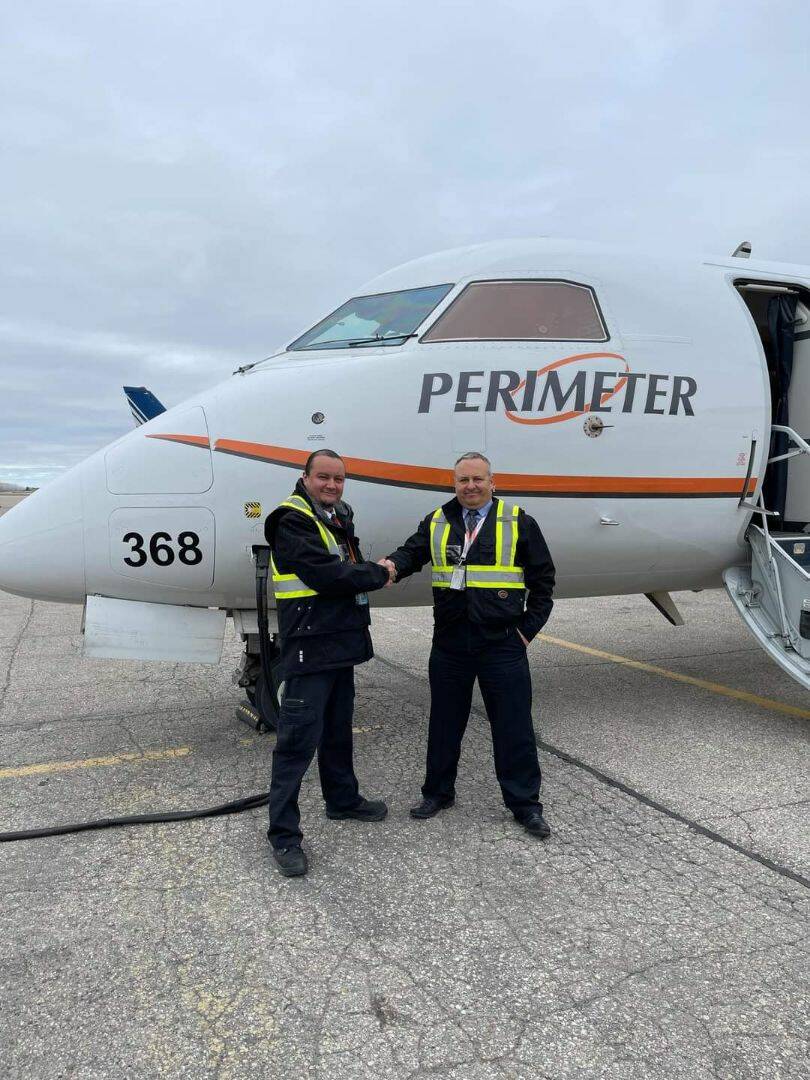
Robin Jacuzzi, EIC’s director of aviation programs who, along with another colleague has been working full-time on the program, said staff in Moncton who already have experience operating in remote bases having previously done a similar program in Happy Valley-Goose Bay, N.L., are more than willing to train in northern Manitoba.
“At EIC and all our operations we have a tight connection to the northern communities that we serve,” she said. “This is a step that further builds those relationships and takes steps toward reconciliation that everyone knows is important and needs to happen.”
As word of the program started getting out it is already being heralded as a benchmark for Canadian businesses looking to satisfying the Truth and Reconciliation Commission of Canada’s calls to action as it relates to “business and reconciliation.”
Kaila Johnston, supervisor of education, outreach and public programming at the National Centre for Truth and Reconciliation, said what EIC doing is exactly what the TRC’s calls to action were looking for from businesses.
“I think it is a very good example of the corporate sector taking up the call to action,” she said. “Number 92, which is specific to business, talks about ensuring Indigenous people have equitable access to jobs, training and education.”
She said it is also noteworthy that the program will allow Indigenous candidates to stay close to home and family and their culture as well as considering what are often the prohibitive costs — about $100,000 for a pilot licence including room and board — for Indigenous youth getting involved in something like this.
Johnston also acknowledged that while the corporation may also gain advantages even to their bottom line because of the goodwill, it is a good thing.
“We can see that beneficial reciprocal relationship at work… which is that key piece to reconciliation,” she said. “The double point is that once we have Indigenous youth seeing themselves in these positions it puts them on that path to say, “Yes. I can achieve that. Yes I can go be a pilot because I am seeing Indigenous pilots in my community,’” she said.
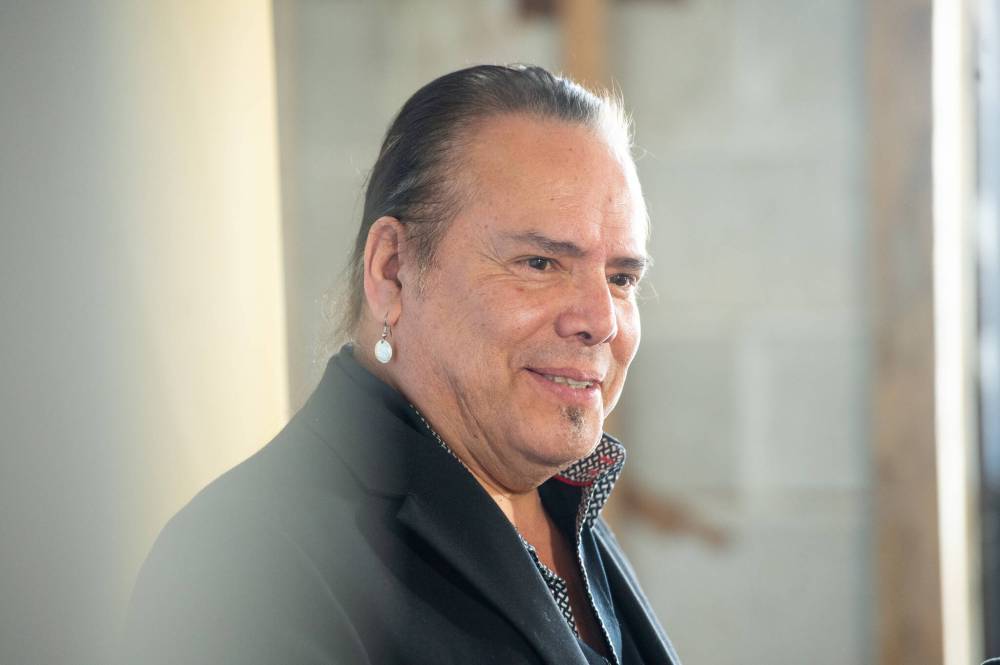
Tik Mason, 43, did not necessarily have that kind of role model, but he was more mature and experienced and he also received a scholarship from EIC and was mentored by Dave White, EIC’s executive vice-president of aviation.
Mason said he wanted to be involved in the program and the company wanted him to as well, but he was surprised and overwhelmed when he found out EIC was naming the program after him.
“The whole mission of getting people from northern communities to become pilots and serve their communities flying for the airlines coming in and out, that’s the goal here,” he said. “And that is what I wanted to do when I started on my journey. It’s time to bring others.”
martin.cash@freepress.mb.ca

Martin Cash has been writing a column and business news at the Free Press since 1989. Over those years he’s written through a number of business cycles and the rise and fall (and rise) in fortunes of many local businesses.
Our newsroom depends on a growing audience of readers to power our journalism. If you are not a paid reader, please consider becoming a subscriber.
Our newsroom depends on its audience of readers to power our journalism. Thank you for your support.



